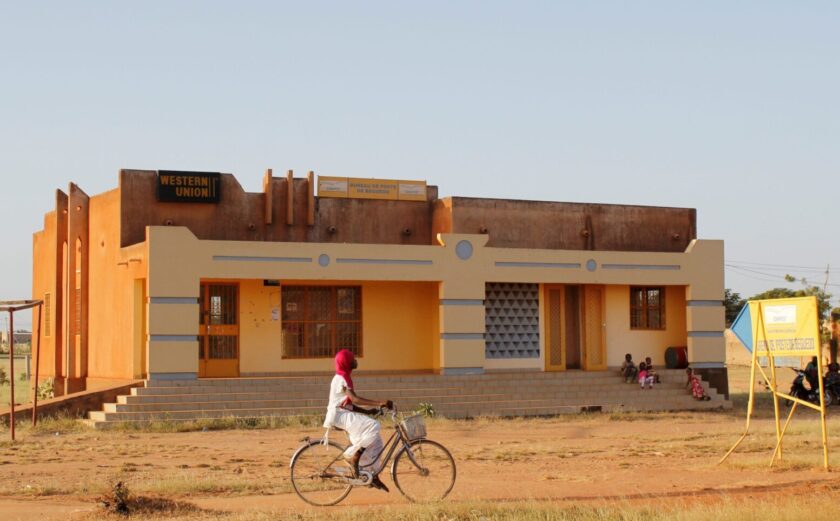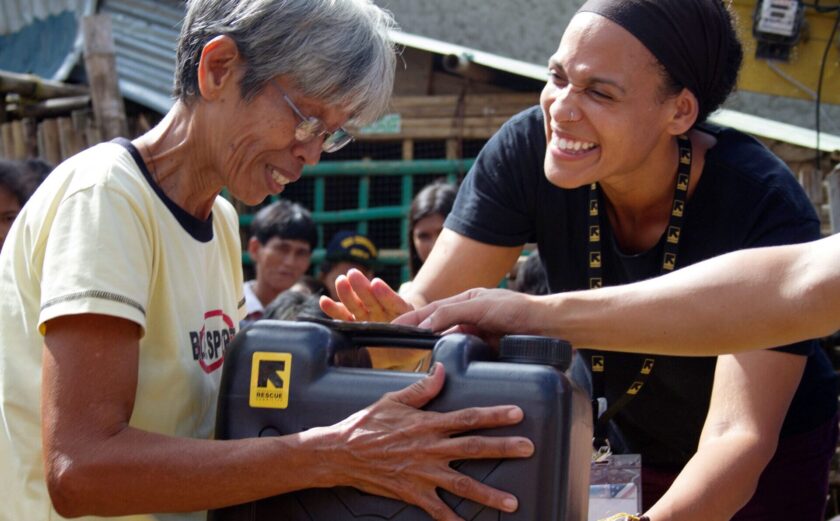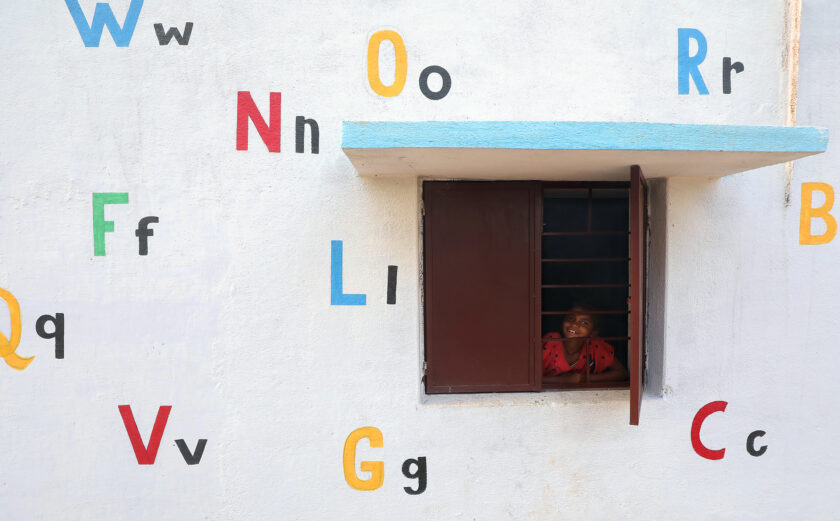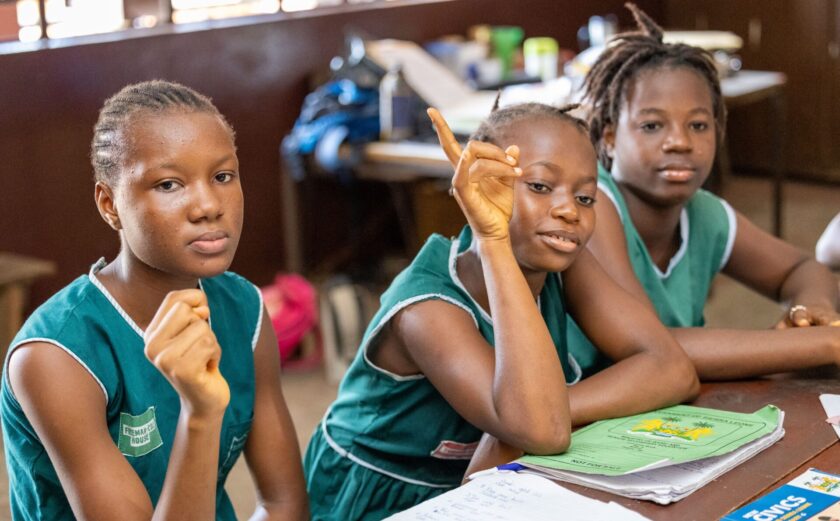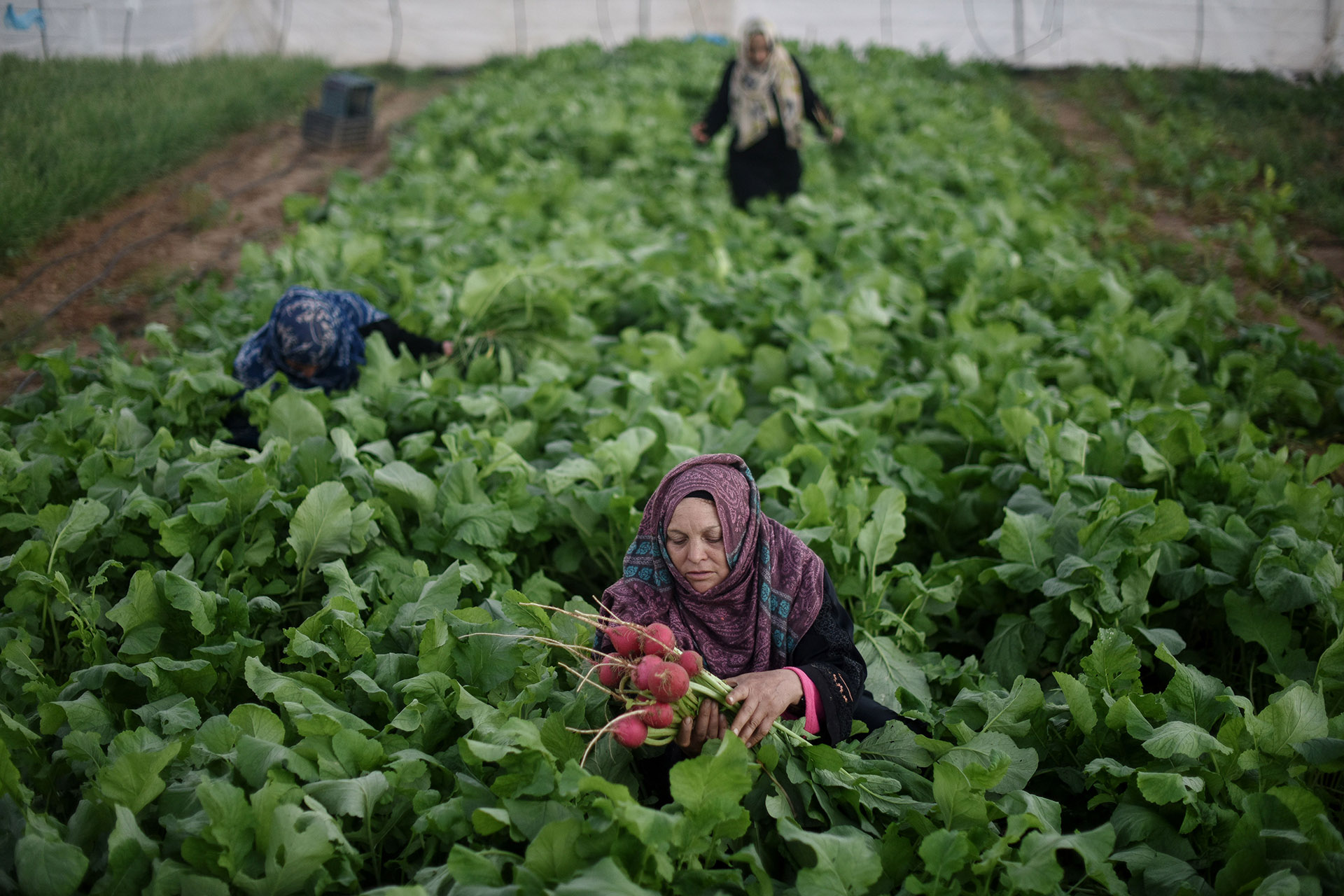
Launching InterAction’s “Big Think” on U.S. Global Food Security Response
In 2020, the number of people unable to afford a healthy diet around the world rose by 112 million to almost 3.1 billion, and projections estimate that nearly 670 million people, or 8% of the world’s population, will still be facing hunger in 2030.
Despite meaningful recent reforms to U.S. global food security programs and improved forecasting of the scale of challenges communities face, non-governmental organizations (NGOs) and the U.S. Government continue to struggle to effectively respond to cyclical, systemic food security and nutrition shocks that are increasing in frequency and scope. To help tackle this challenge and support a change in the narrative in Washington from one centered on the challenges of response to one prepared for and thinking ahead of systemic problems, InterAction is undertaking a six-month effort called the “Big Think” for U.S. Global Food Security Response.
On November 3, InterAction hosted an opening workshop on the Big Think to level set NGO staff understanding of the current U.S. global food security programs, structures, and systems, and begin to imagine what other ideas and approaches could be possible.
The workshop kicked off with remarks by Dr. Cary Fowler, Special Envoy for Global Food Security at the Department of State. Special Envoy Fowler discussed the current food insecurity crisis and its causes, including historically low grain stockpiles and the increasing price and supply of fertilizers. He stressed the importance of assembling food and climate experts to address issues with crop growth and crop resilience, investing in functional and sustainable agriculture systems, and engaging with local farmers and organizations in these efforts. This includes examining “orphan crops” like yams, which are not traded internationally but deserve attention and funding to help adapt these local crops to the effects of climate change and enhance nutritional diversification.
Policymakers are looking for solutions to food crises and growing malnutrition which presents an opportunity for the NGO community to shape the discussion and push more ambitious systemic reforms to U.S. programs and policies.
To jump-start these conversations, InterAction’s Big Think NGO task teams will convene around four different discussion themes over the next four months:
- The challenges of policy coordination and structural cooperation across global food security programs.
- The challenges of layering and sequencing global food security programs.
- Climate as a driver of and contributor to food insecurity and malnutrition.
- Early action and food crisis prevention.
The task team discussions will focus on identifying issues, highlighting the drivers behind these issues, and providing viable and timely policy solutions.
During the November 3 workshop, task team conversations began with panel discussions. The first panel examined the history and the role of U.S. food security programs with speakers from RTI International, CARE, Catholic Relief Services, and Bread for the World. Each panelist shared their experiences working with initiatives such as Feed the Future and Food for Peace, as well as the challenges and barriers they’ve encountered coordinating across these different programs.
The second panel was designed to generate ideas on what the U.S. food security response could look like in the future by presenting alternative approaches from the NGO community. The panel speakers from Catholic Relief Services, Corus International, and One Acre Fund shared examples of other response models that could be investigated and potentially scaled up in the future. These examples included building towards systems-level resiliency, focusing development funding on smallholder farmers, and investing in social enterprises. The workshop concluded with participants charting ideas raised during the conversation and analyzing the potential level of impact with the expected level of effort needed to make the proposed changes to the current U.S. food security system.
The Big Think will continue into Spring 2023 with a series of learning event discussions to help expand the understanding of food issues across development and humanitarian responses, as well as the aforementioned policy solution task teams. Collective policy and program recommendations from the task teams will be consolidated and released in the late spring.
For more information or questions related to the Big Think, please contact Sara Nitz Nolan.
